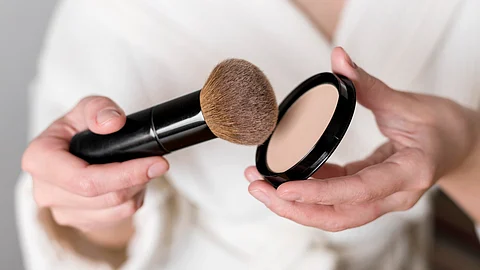A new study has raised an alarm regarding the presence of cancer-causing chemicals in everyday personal care products, especially those frequently used by black and Latina women. The culprit? Formaldehyde and formaldehyde-releasing preservatives, known health-hazard compounds, are still used in shampoos, lotions, body washes, and eyelash adhesives.
What the study found
The study, published in Environmental Science & Technology Letters, followed 70 black and Latina women who lived in Los Angeles. The women snapped photos of product ingredient labels using a smartphone app created specifically for the study. The scientists found that 53 percent of the women used one or more products containing formaldehyde-releasing agents, most of which they applied daily or several times a week.
The biggest culprits were hair care products, 58 percent of which contained the poisonous preservatives. But that was not the extent of it; there were some body lotions, soaps, and other personal care items, too. The findings extrapolate the warning to a much larger set of beauty items than have been studied previously in hair straighteners.


